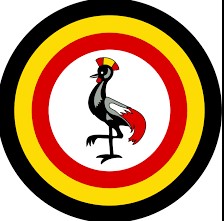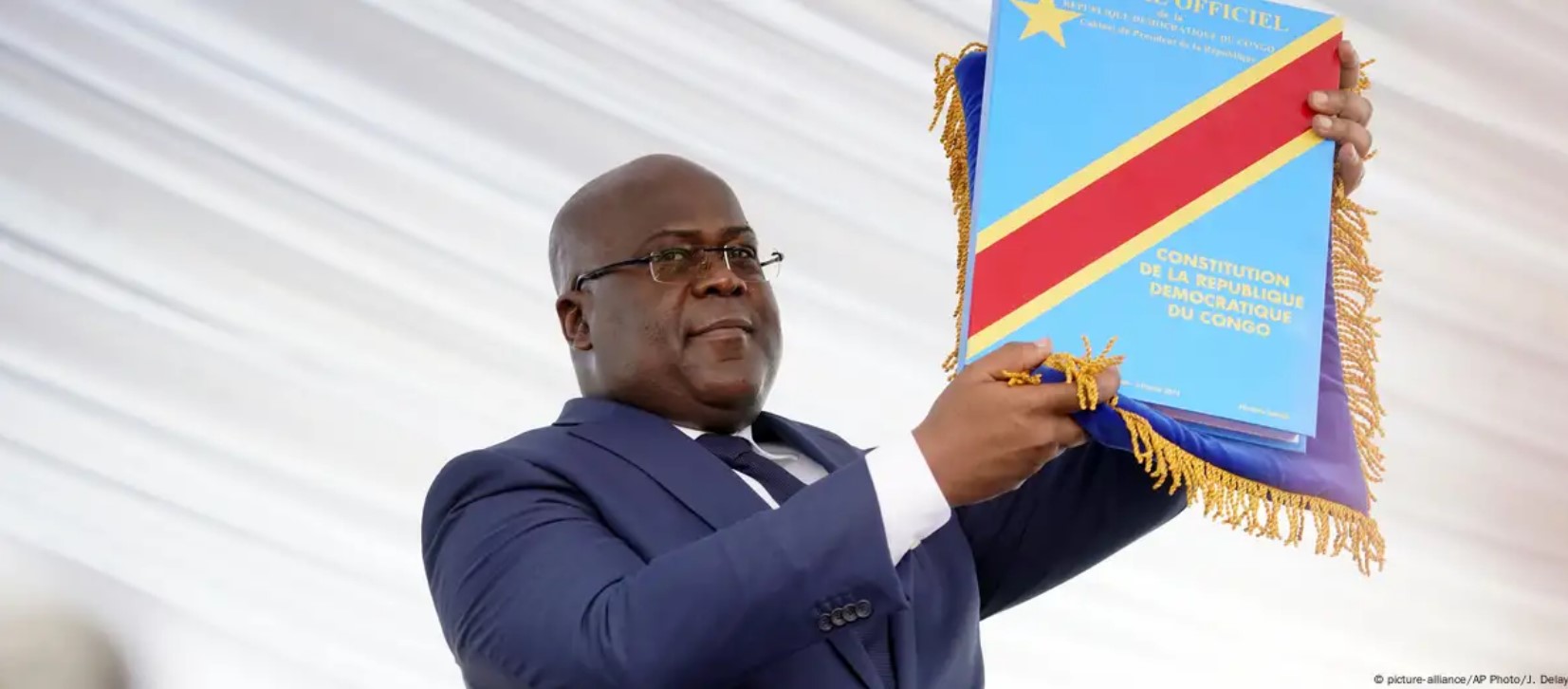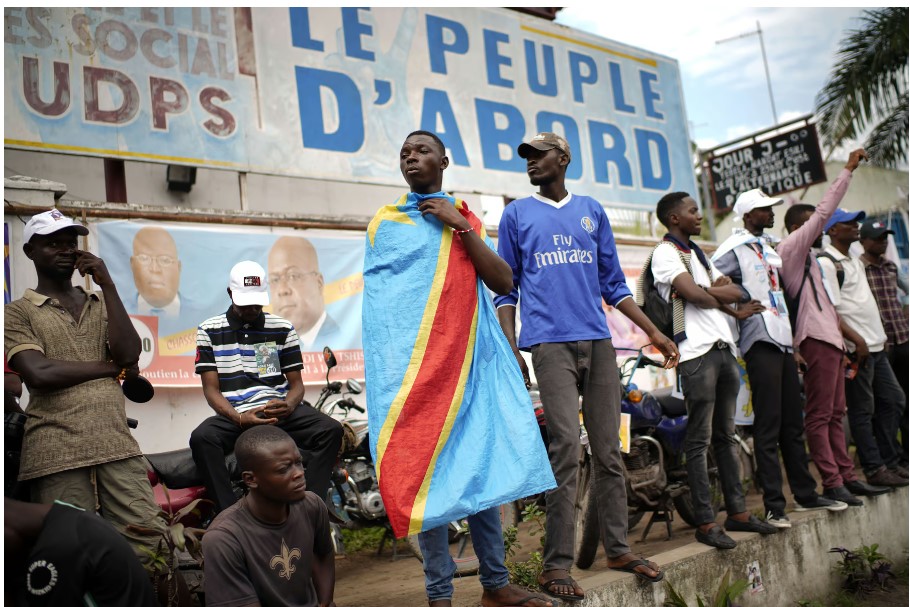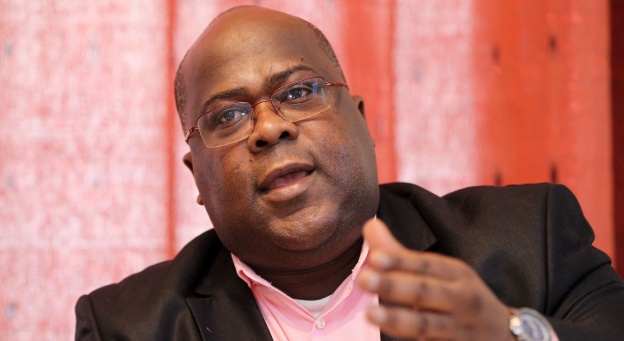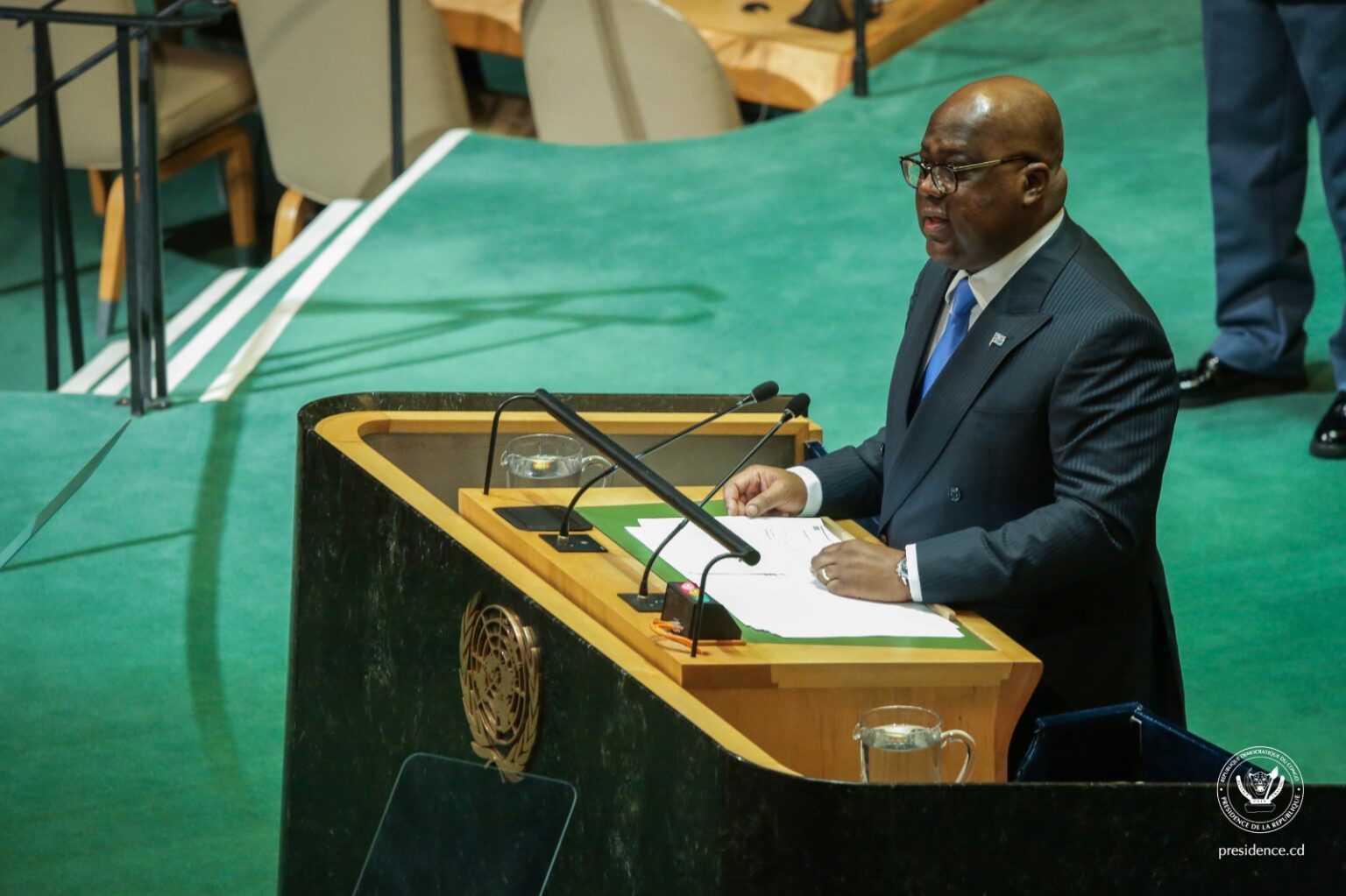Regional
What did Museveni, Tshisekedi discuss?
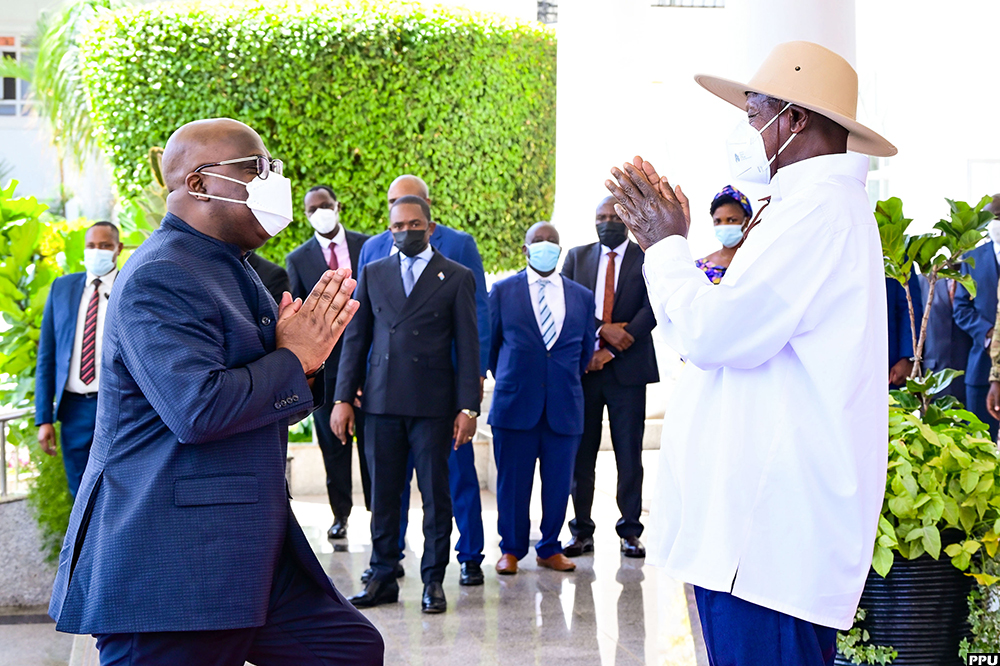
Congolese president Félix Tshisekedi was received by his Ugandan counterpart Yoweri Museveni, in Entebbe, on October 30. Their discussions focused on regional security and their joint military operations in eastern DRC against the ADF militia, among other topics.
The meeting occurred against the backdrop of developments
in the Luanda peace process, where Kinshasa and Kigali, with Angola serving as
a mediator, have been engaged in discussions to find a lasting solution to the
escalating conflict in eastern DRC.
The two heads of state immediately had a one-on-one meeting
focused on security in eastern DRC, where the M23 rebels have been advancing
against the Congolese government coalition.
The M23 is a Congolese rebel group fighting an existential
threat. They resurged in November 2021 after nearly a decade of silence.
Their demand to DRC is to integrate them into the national
army, as well as allow a return home of all Congolese refugees living in exile,
among others. But Kinshasa has consistently refused and there is no hope that
their rebellion will end anytime soon.
Museveni consistently advocated for addressing the DRC
crisis through peaceful political dialogue, emphasizing the importance of
finding solutions that promote lasting peace in east of the country.
Regional political analysts believe that during this
meeting, Museveni once again emphasized to Tshisekedi the importance of
engaging in political dialogue with the M23. As the rebels continue to push
back against the Congolese army coalition, Museveni views negotiations as
Tshisekedi's only viable option, a message he has conveyed on multiple
occasions.
Recently, there has been secret negotiations between M23
and Kinshasa in Kampala. However, Tshisekedi wanted to keep the negotiations
secret because he knew he would not keep his word again, as the Congolese
government has been constantly violating agreements with the M23 rebels, and
regional initiatives like the Luanda and Nairobi peace processes.
In July 2023, Museveni said that the M23 problem is a
political problem that can be solved by discussion because the rebels are not
asking for big demands to end the conflict.
“I don’t think they [M23] are asking for big things.
Sharing power or what, no. Their demands are simply ‘to go back to their homes
which they run away from and to be integrated into the army’. How can this be a
problem?”
“So, we are encouraging Tshisekedi to agree with them and
if they do not want to discuss, then we can treat them as a negative force and
act against them,” Museveni added.
All this seems to have fallen on deaf ears, as Tshisekedi
appears focused on conflict, blame games, and inflammatory rhetoric none of
which have ever resolved conflicts globally.
Nevertheless, Museveni continues to try to persuade his
counterpart to engage in dialogue and seek peaceful resolutions rather than
perpetuating war.
The discussions also aimed to address joint military operations under Operation Shujaa, involving the Congolese army and the Uganda People’s Defense Forces (UPDF) against the Allied Democratic Forces (ADF) militia in North Kivu and Ituri provinces. Additionally, they covered infrastructural developments, including key roads that would provide mutual economic benefits.


